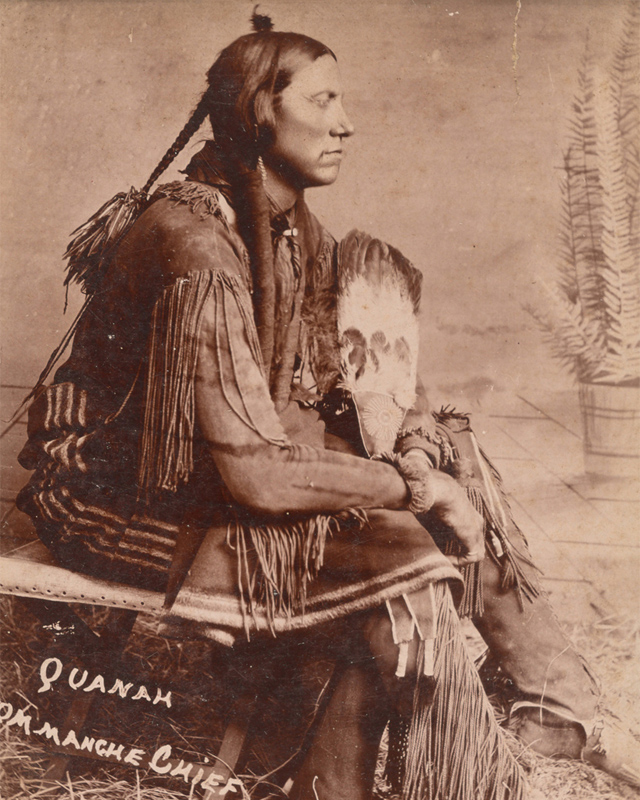

Image: Quanah Parker. Hamilton, E. W. (c. 1890) National Portrait Gallery. https://npg.si.edu/object/npg_NPG.96.178?destination=edan-search/default_search%3Fedan_local%3D1%26edan_q%3DQuanah%252BParker

Next Document
Annual Message to Congress (1911)
December 05, 1911
Conversation-based seminars for collegial PD, one-day and multi-day seminars, graduate credit seminars (MA degree), online and in-person.























































































































































































































